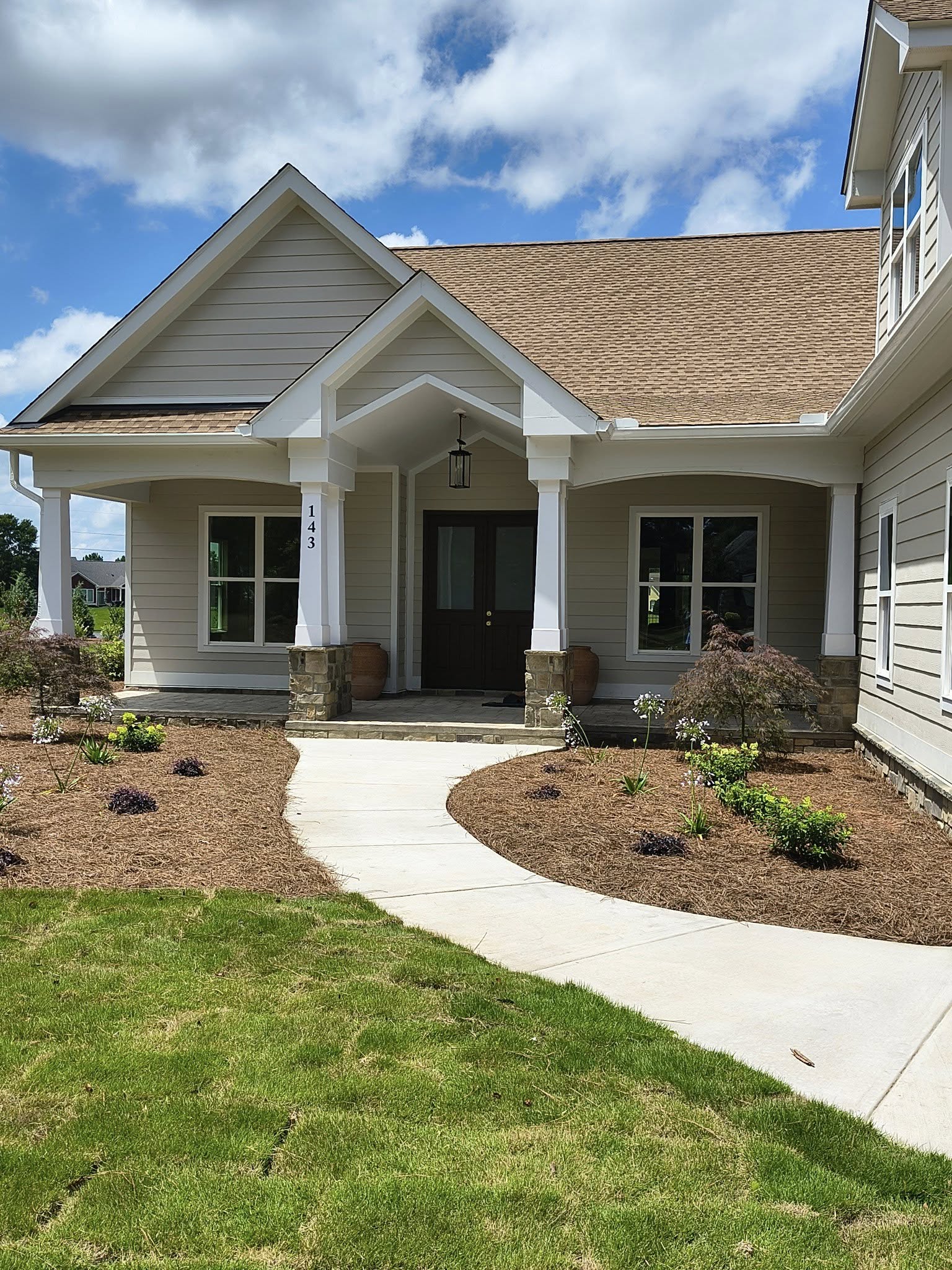
The Future of Sustainable Building: What to Expect in New Construction Sep 23, 2025
The movement toward sustainable building is primarily driven by the urgent need to reduce carbon footprints and create buildings that are energy-efficient, resource-conscious, and environmentally friendly. As consumers become more eco-conscious, there is a growing demand for new construction to adhere to sustainable practices. Batchelor Construction is actively integrating these practices to meet regulatory requirements and satisfy their client's evolving expectations.
One of the most promising aspects of sustainable building is the adoption of green materials. These are materials with minimal environmental impact throughout their life cycle—from production and installation to eventual disposal. Expect to see an increase in the use of recycled materials, sustainable wood, bamboo, and low-impact concrete. These materials not only minimize ecological damage but also enhance the healthiness and durability of newly constructed buildings.
Innovations in technology are another pivotal component of sustainable building's future. Smart technologies, like IoT (Internet of Things), are now playing a pivotal role in facilitating energy efficiency. Smart thermostats, lighting systems, and automated water systems help regulate and minimize usage, leading to lower energy bills and a smaller environmental footprint. Batchelor Construction is harnessing these technologies, enabling new buildings to be not just structures but smart, responsive ecosystems.
Moreover, energy efficiency remains a top priority. As renewable energy sources become more accessible and affordable, integrating solar panels, wind turbines, and geothermal energy solutions into new construction is increasingly feasible. These solutions make new buildings more self-sufficient and offer homeowners and businesses a lower reliance on traditional energy grids. As Batchelor Construction looks to the future, the integration of renewable energy sources will be a cornerstone of their sustainable building strategies.
Water conservation within new constructions is equally imperative. Innovative plumbing solutions and systems for rainwater harvesting and greywater recycling are being increasingly adopted. Such initiatives ensure the sustainable use of water resources, an essential factor in sustainable building.
Beyond material and technological advances, regulations and certifications are shaping the landscape of sustainable building as well. Adhering to LEED (Leadership in Energy and Environmental Design) standards, for instance, has become an industry norm. These certifications not only promise higher efficiency and lower costs but also boast healthier indoor environments.
In conclusion, sustainable building is changing the realm of new construction, and companies like Batchelor Construction are leading this transformative journey. As we anticipate an era where sustainability is the rule rather than the exception, integrating eco-friendly materials, utilizing smart technologies, prioritizing energy and water efficiency, and complying with stringent regulations are crucial for future developments. As the conversation around sustainability intensifies, the future of new construction stands at a thrilling threshold. Embracing these changes not only aligns with global environmental goals but also ensures that Batchelor Construction remains at the forefront of this vital industry innovation. By doing so, we not only create structures that stand the test of time but also nurture a better world for future generations.
/filters:no_upscale()/media/SKFITLMY4WH3PAOJP1KVI4AI1VJUOB338T72BNQ8.jpeg)